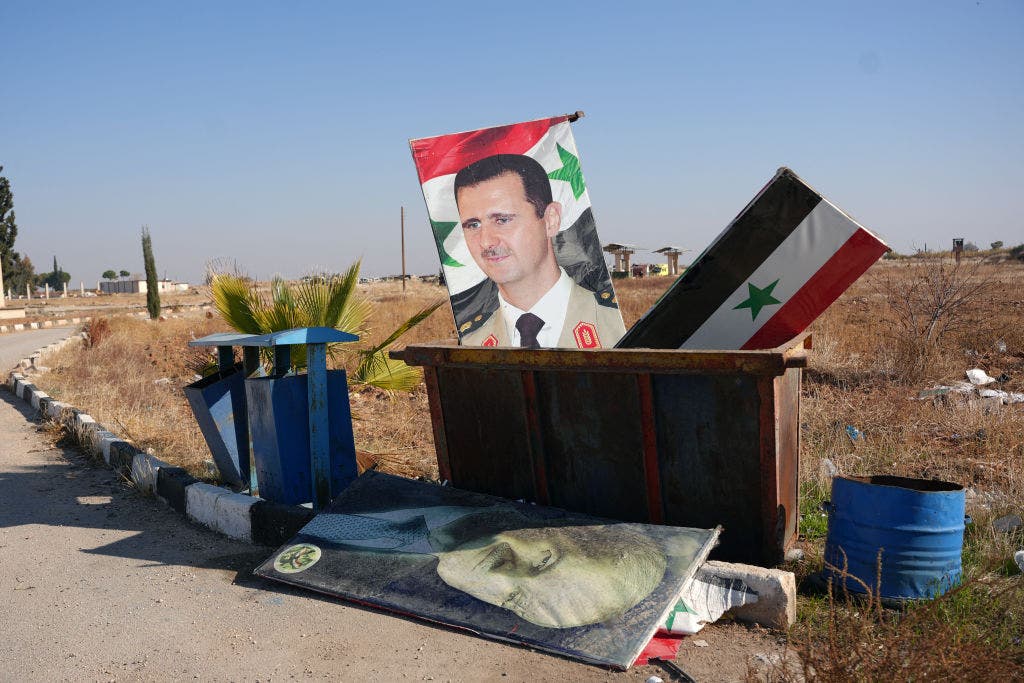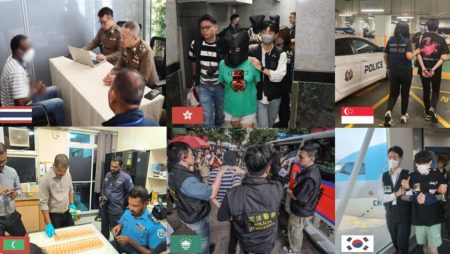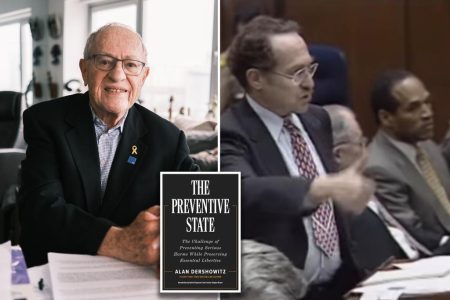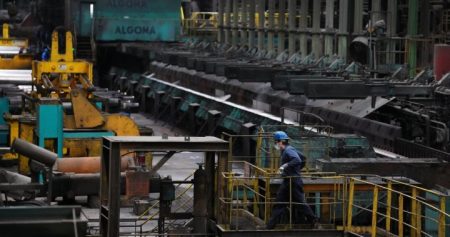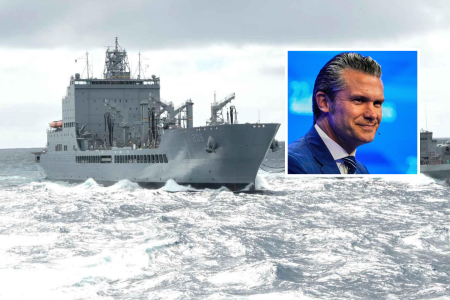The unexpected resurgence of Islamist rebels in Syria, spearheaded by the Hayat Tahrir al-Sham (HTS), has dramatically destabilized the already volatile Middle East. After capturing Hama, Turkey’s President Erdogan openly expressed his support for the rebel advance, hinting at Damascus as the ultimate objective. While acknowledging the presence of “terrorist organizations” within the rebel ranks, Erdogan portrayed the offensive as a necessary response to undesirable developments in the region. His comments, seemingly contradictory, reflect Turkey’s complex relationship with both the rebels and the Assad regime, which Erdogan had previously attempted to reconcile with. This Turkish involvement adds another layer of complexity to the Syrian conflict, raising concerns within the international community given HTS’s terrorist designation and Turkey’s NATO membership.
The rapid rebel gains, including the seizure of Aleppo and Hama, have sent shockwaves through the region. HTS’s proximity to Homs, a strategically vital city hosting Syria’s largest military academy, further escalates tensions. Neighboring countries are reacting defensively: Israel has reinforced its military presence in the Golan Heights, while Jordan closed its border crossing with Syria. Experts anticipate a fierce battle for Homs, given its significance as a transportation hub for Iranian militias and a vital link to the Syrian coast, where Russia maintains military bases. The impending clash sets the stage for a showdown between U.S.-designated state sponsors of terrorism – Iran and Syria – and HTS, itself designated a terrorist organization by the U.S., creating a complex and dangerous dynamic.
The Syrian conflict reflects a broader power struggle between regional rivals Turkey and Iran. While Turkey supports the Sunni rebels, Iran, a Shiite theocracy, has consistently backed Assad’s regime. Experts suggest Erdogan’s public endorsement of the HTS offensive serves as a warning to Iran against further intervention. The question now facing the international community is whether Russia, Iran, and Hezbollah will again intervene to save Assad, as they have in the past, given Russia’s current preoccupation with the war in Ukraine. The resurgence of the Syrian revolt, including “mini-rebellions” in Daraa, further complicates the situation, highlighting the deep-seated and ongoing resistance to Assad’s rule.
HTS’s leader, Abu Mohammed al-Golani, recently attempted to project a moderate image in a CNN interview, potentially seeking to gain Western acceptance. While acknowledging the regime’s inherent weakness, he emphasized the role of Iran and Russia in prolonging its survival. Experts interpret his statements as a strategic move to appeal to a broader audience within Syria and potentially beyond, recognizing the diversity of the Syrian population. This calculated moderation contrasts starkly with the group’s extremist past and raises questions about its long-term objectives.
The Syrian conflict presents a complex web of alliances and rivalries, with multiple actors pursuing their own agendas. The United States, while maintaining a military presence in Syria to combat ISIS, has remained largely uninvolved in the civil war itself. The evolving situation, however, may present an opportunity for the incoming U.S. administration to push for a political solution based on UN Resolution 2254, potentially leading to the formation of a transitional governing body and a path towards stability in the war-torn nation. The success of such an endeavor hinges on the willingness of all involved parties, including the regional powers and the Syrian factions themselves, to engage in a meaningful dialogue and prioritize a peaceful resolution to the protracted conflict.
The renewed fighting underscores the profound impact of the Syrian conflict on the region, highlighting the interconnectedness of regional stability and the complex interplay between local and international actors. The current situation raises critical questions about the future of Syria, the balance of power in the Middle East, and the role of international actors in resolving complex conflicts. The unfolding events in Syria will undoubtedly have far-reaching consequences, with the potential to reshape the political landscape of the Middle East and beyond. The international community’s response to these developments will be crucial in determining the trajectory of the conflict and the prospects for peace in the region.




